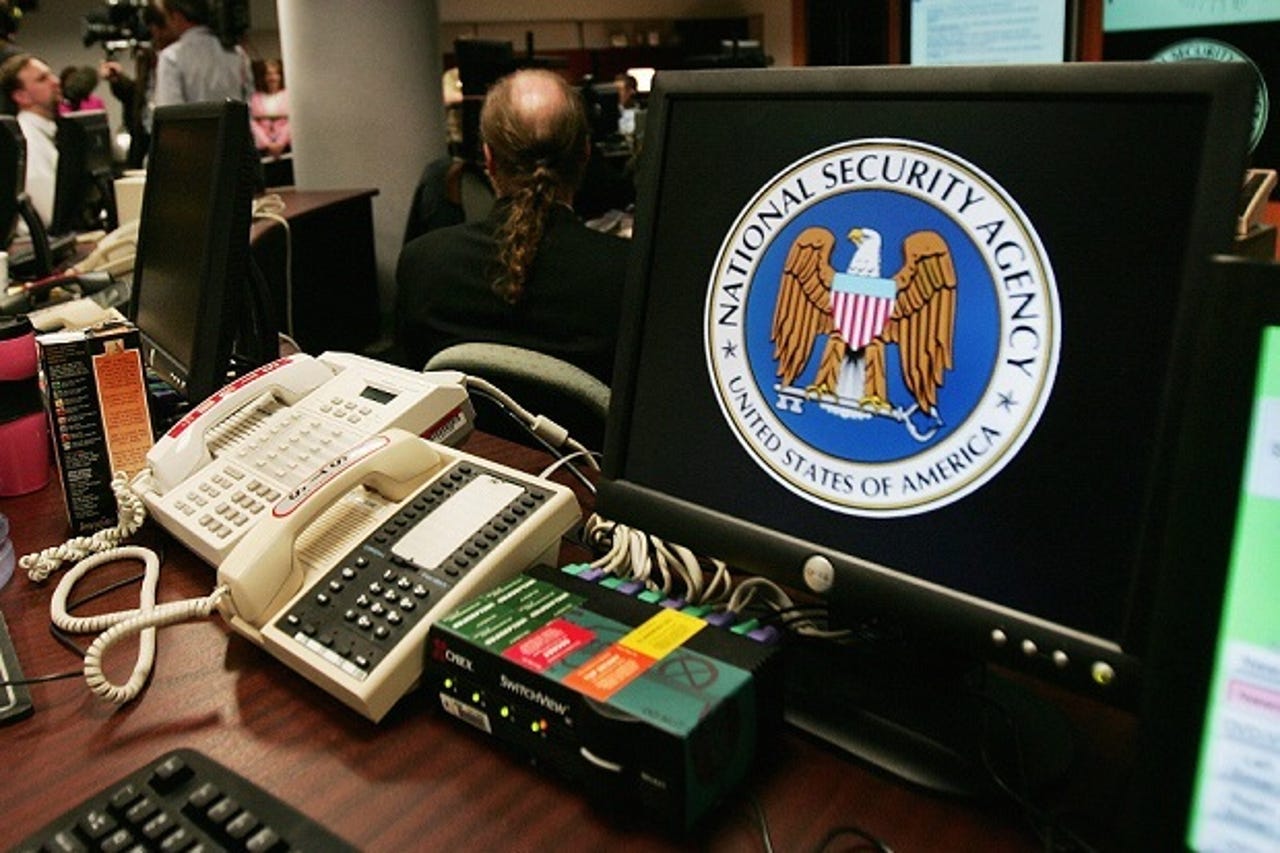Secret U.S. court prohibits NSA from holding phone records beyond five years


A U.S. secret surveillance court has denied a bid by the U.S. government to hold onto phone records for more than five years, handing a rare win for civil liberties and privacy advocates.
But because the motion was denied "without prejudice," the Justice Dept. is allowed to file a new motion should new evidence or facts come to light.
The U.S. government submitted a request in February to store the data, collected under Section 215 of the Patriot Act, for longer than five years. The government's argument was that it needed the records to fight off a number of civil lawsuits following the very first disclosure by whistleblower Edward Snowden.
But in a public filing, the Foreign Intelligence Surveillance Court's (FISC) Presiding Judge Reggie Walton said the government should not be allowed to hold onto the collected metadata now the surveillance leaks have come to light.
Walton said in the ruling that the "great majority" of individuals caught up in the National Security Agency's vast surveillance dragnet "have never been the subject of investigation by the FBI," and that the civil plaintiffs have "expressed no desire to acquire the records."
He also said:
"The government's proposed amendment of the minimization procedures would allow the NSA to retail call detail records that were acquired more than five years ago and that would otherwise be destroyed.
Given the scope of the production under the Court's orders, the number of records is likely voluminous and they undoubtedly contain U.S. person information, including information concerning U.S. persons who are not the subject of an FBI investigation to protect against international terrorism or clandestine intelligence activities."
In one of the civil lawsuits, Klayman v. Obama, the judge said the NSA's surveillance programs were likely unconstitutional.
According to earlier reports, the surveillance court judges have rejected less than half of 1 percent of all requests made by the U.S. government.
You can read the full FISC ruling below.